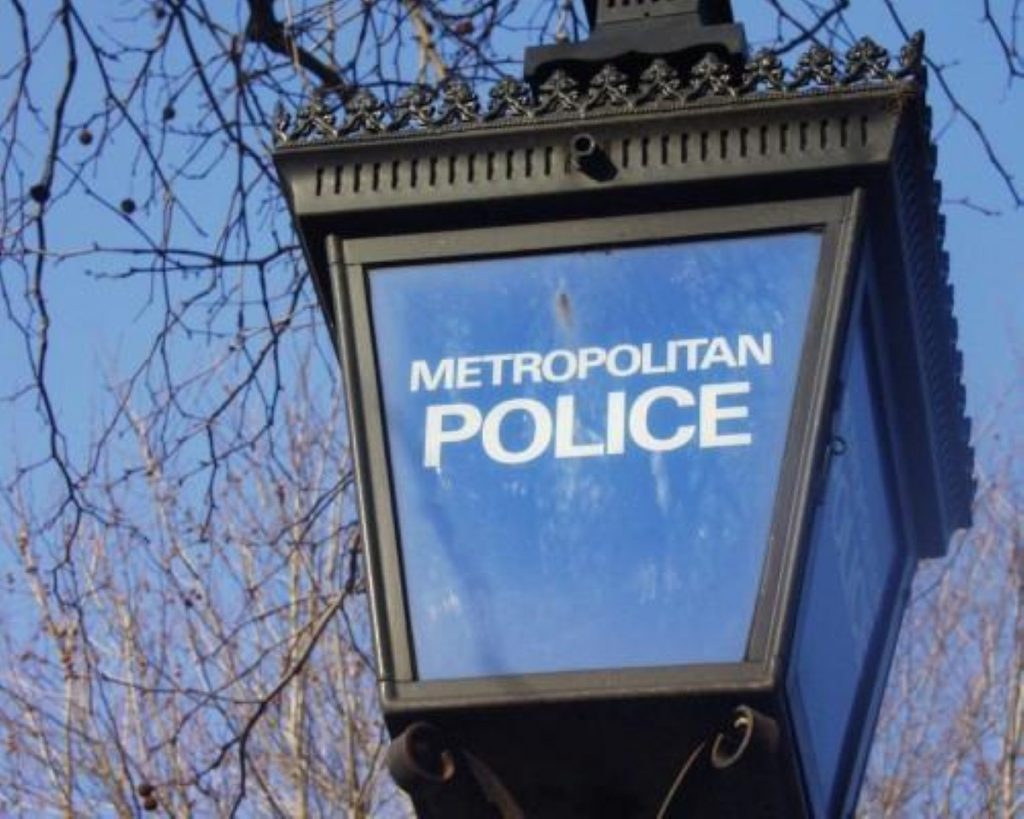In an open letter published late on Wednesday night, Mark Rowley said four in five original inquiries did not result in the correct action and should be reassessed.
It follows a series of damaging scandals for the Met, including the murder of Sarah Everard by Met Police officer Wayne Couzens and the jailing of rapist, officer David Carrick. The recently conducted Casey Report follows the independent review into the standards of behaviour and internal culture of the Metropolitan Police Service, and also highlighted how further work needed to be done in order to make the Met Police fit for purpose.
Of 1,131 individuals reinvestigated, 246 will face no formal action because correct action was taken at the time, 689 will undergo a new assessment to pursue new or missed lines of inquiry, including possibly talking again to victims and witnesses and 96 face formal risk management measures and potentially a review to determine if they should remain in the force
Speaking to the Today programme, Met Police commissioner Mark Rowley was asked about plans to recheck more than 1,000 investigations in police officers accused of domestic abuse and sexual violence in the 10 years to April 2022.


He also said there were hundreds of officers in the force “who shouldn’t be here” but that the “tens of thousands of good men and women here are as embarrassed and angered by that as anybody, and they’re helping us sort them out”.
But Rowley, who began the job in September, has said he’s “confident” the force can be reformed. He said about 90 officers had now been moved to the force’s Directorate of Professional Standards (DPS), adding it was the first step in “the biggest drive on professional standards in the Metropolitan Police in 50 years”.
Asked whether he’d accept anyone being in his ranks who has a criminal record, Rowley says the current policy is “too permissive” and leaves “to much grounds for interpretation”. But in some cases, such as an historic caution for possessing cannabis, he says people could’ve changed in adulthood.
“The public would expect us to take a tough line,” he tells Radio 4, but he adds this shouldn’t be a “totally binary line”. He says the force wants to make it “much more exceptional” that someone with a criminal record “is here” as opposed to the other way around.
The Today programme’s Mishal Husain asks whose job it is to help change the rules so people can be sacked more easily from the force, to which Rowley says it falls under Home Secretary Suella Braverman.
He says a consultation is being conducted by Suella Braverman now, which he and other Met officials are aiding.
“There’s lots of shared agreement that this needs to move,” he says. Braverman has faced pressure to be tougher on crime and stamp out the issues in the Met Police for some time.












